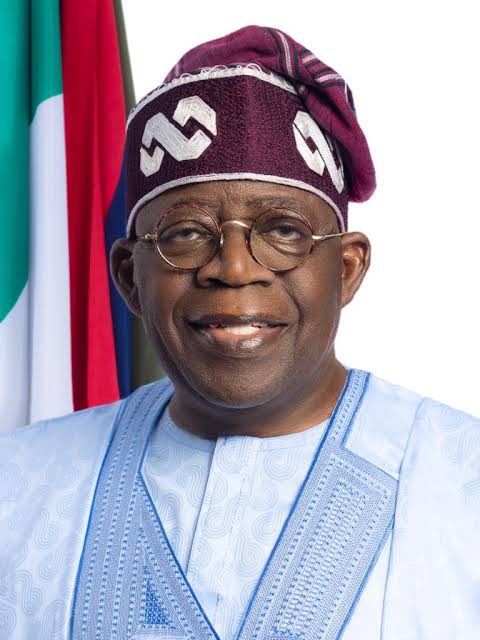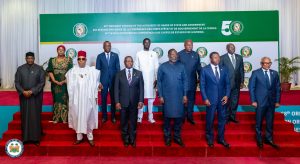Lagos, Nigeria – 11 August 2025 – Former Nigerian presidential candidate Peter Obi has issued a stark warning about the escalating hunger and poverty plaguing Nigeria, drawing a pointed comparison with Argentina’s recent economic turnaround under President Javier Milei. In a post on X (formerly Twitter), Obi criticised the current Nigerian leadership for incompetence and lack of compassion, arguing that decisive action could kickstart the nation’s recovery within two years.
Obi highlighted alarming statistics, noting that approximately 34 million Nigerians are projected to face acute food insecurity, while around 63% of the population – some 133 million people – live in multidimensional poverty. He attributed these woes to inflation nearing 30%, high unemployment, and economic mismanagement that has eroded the middle class. “Families who once lived stable lives are now slipping into poverty,” Obi wrote. “But this is not just ordinary, it is as a result of incompetent leadership without capacity and compassion, who are not interested in putting the Nigerian people first in their actions.”
Recent reports corroborate Obi’s concerns. A United Nations assessment from November 2024 projected that 33 million Nigerians could face hunger in 2025, driven by record inflation, climate shocks, and ongoing conflicts. Similarly, the World Food Programme estimated 33.1 million people at risk of acute food insecurity in 2025, nearly double the number facing emergency levels of need compared to previous years. Nigeria’s Global Hunger Index score of 28.8 in 2024 classifies its hunger level as “serious,” with factors like insecurity, environmental degradation, and economic challenges exacerbating the crisis.
In contrast, Obi praised Argentina’s progress as a model for what focused leadership can achieve. He pointed out that by early 2024, over 52% of Argentines lived in poverty, with inflation exceeding 200% and economic confidence in tatters. However, under Milei’s administration, which began in late 2023, poverty rates fell to 38.1% by the second half of 2024, with extreme poverty dropping to 8.2% and monthly inflation stabilising at around 2-3%. By 2025, Obi claimed urban poverty had declined further to 31.6%, lifting millions out of hardship and restoring investor confidence.
Data from Argentina supports much of this narrative. Official figures show poverty surging to 52.9% in the first half of 2024 following Milei’s initial austerity measures, but then plummeting to 38.1% in the second half – a drop of nearly 15 percentage points. Inflation has been dramatically curbed, with reports indicating it fell to as low as 1.5% in some months by mid-2025, alongside signs of economic growth and a budget surplus for the first time in 14 years. Despite these gains, critics note that poverty remains high at around 38%, with many Argentines still struggling with informal work and low purchasing power.
Obi emphasised that both nations’ current leaders assumed office in the same year, underscoring his belief that “two years may not be enough to change a nation with a 100% turn around but it is more than enough to kickstart the transformation journey.” He called for Nigerian leaders to prioritise cutting governance waste, investing in human development, and combating corruption to reduce hunger and restore dignity.
“Nigeria can work,” Obi asserted. “We can reduce hunger, and restore dignity to Nigerians. But this will not happen while corruption and criminality dominate our governance. Our nation requires leaders who will put the people first, manage resources prudently, and stand firm in rejecting corrupt practices.”
Obi’s comments come amid growing public discontent in Nigeria, where food prices have soared due to subsidy removals and security issues. As the nation grapples with these challenges, his message resonates with calls for accountable governance, echoing successful reforms seen elsewhere. Whether Nigeria’s leadership will heed such advice remains to be seen, but Obi’s post serves as a rallying cry for urgent change.






